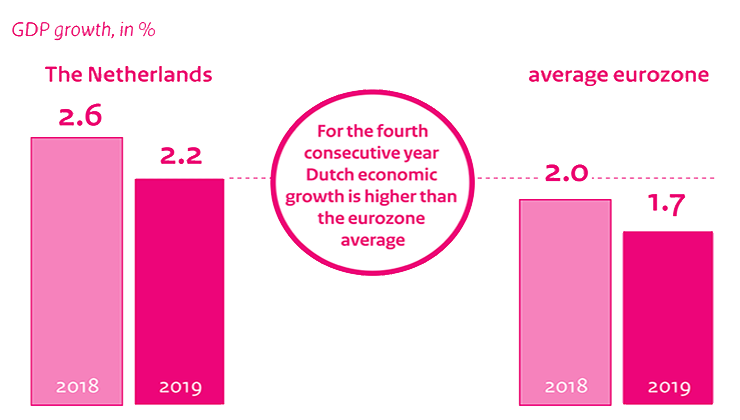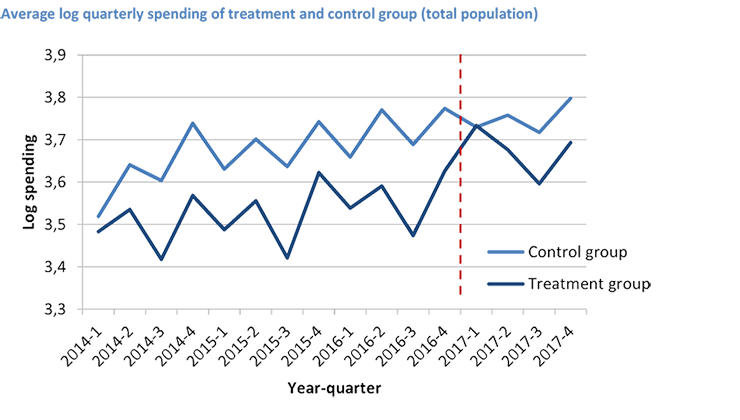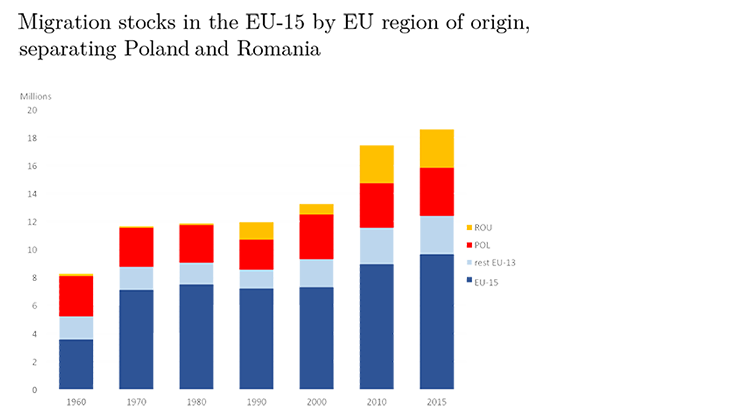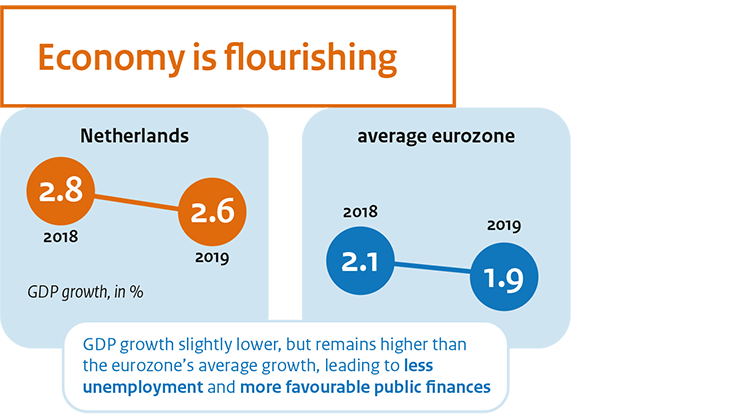Publications
Year
Author
- Peter Zwaneveld (5)
- Kan Ji (4)
- Andrei Dubovik (3)
- Gerard Verweij (3)
- Natasha Kalara (3)
- Paul Verstraten (3)
- Rudy Douven (3)
- Beau Soederhuizen (2)
- Benedikt Vogt (2)
- Gerdien Meijerink (2)
- Hugo Rojas-Romagosa (2)
- Johannes Bollen (2)
- Lu Zhang (2)
- Mark Kattenberg (2)
- Rutger Teulings (2)
- Adam Elbourne (1)
- Anja Deelen (1)
- Arjan Lejour (1)
- Bart Voogt (1)
- Bert Smid (1)
- Douwe Kingma (1)
- Egbert Jongen (1)
- Ernest Berkhout (1)
- Frits Bos (1)
- Gerbert Romijn (1)
- Harro van Heuvelen (1)
- Henk-Wim de Boer (1)
- Joep Tijm (1)
- Jos Ebregt (1)
- Karen van der Wiel (1)
- Katharina Ziegler (1)
- Leon Bettendorf (1)
- Machiel van Dijk (1)
- Marielle Non (1)
- Maurits van Kempen (1)
- Minke Remmerswaal (1)
- Nicole Bosch (1)
- Patrick Koot (1)
- Raoul van Maarseveen (1)
- Remco van Eijkel (1)
- Rob Euwals (1)
- Sem Duijndam (1)
- Sonny Kuijpers (1)
- Thomas Michielsen (1)
- Thomas van der Pol (1)
- Show all
Forecast December 2018

The effect of reinsuring a deductible on pharmaceutical spending: A Dutch case study on low-income people
The basic health insurance in the Netherlands includes a mandatory deductible of currently 385 euros per adult per year. Several municipalities offer a group contract for low-income people in which the deductible is reinsured, meaning that out-of-pocket spending under the deductible is covered by supplementary insurance. This study examines to what extent such reinsurance leads to higher pharmaceutical spending. →

Can we measure banking sector competition robustly?

Estimating migration changes from the EU’s free movement of people principle
We estimate the impact of the free movement of people (FMP) principle on bilateral intra-EU migration stocks using a gravity model. Employing a combination of the World Bank and the UN’s global migration databases, with observations between 1960 and 2015, allows us to analyse the impact of the FMP for most EU member states. →

Causes of regional variation in Dutch healthcare expenditures: evidence from movers
We assess the relative importance of demand and supply factors as determinants of regional variation in healthcare expenditures in the Netherlands. Our empirical approach follows individuals who migrate between regions. We use individual data on annual healthcare expenditures for the entire Dutch population between the years 2006 and 2013. →

Forecast September 2018 (MEV 2019)

The scope of the external return to higher education
This article examines whether the productivity spillovers from a large share of highly educated workers occur within regions, sectors and/or firms. To distinguish between these possibilities, I follow a two-stage procedure to estimate a Mincerian wage equation using matched employer-employee panel data on individual earnings and educational attainment. →

